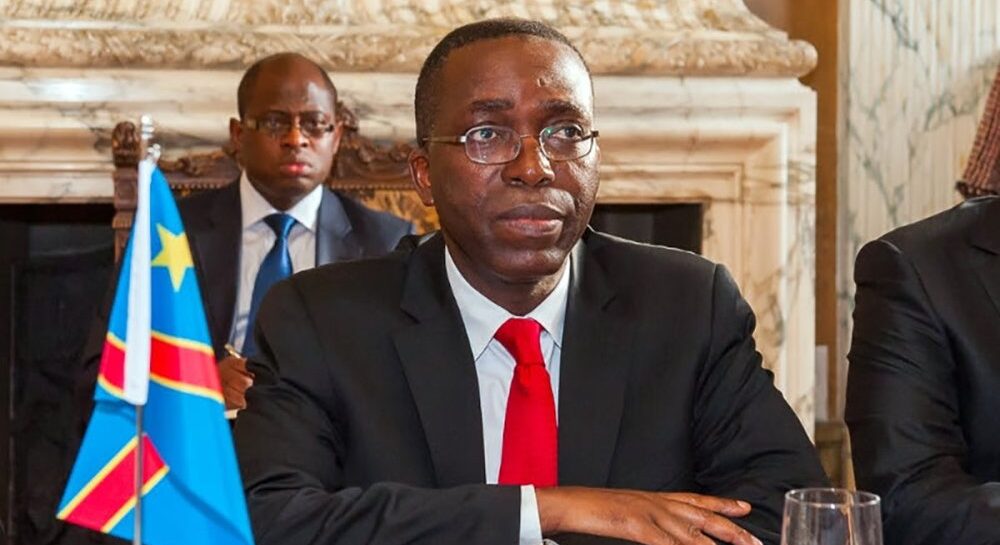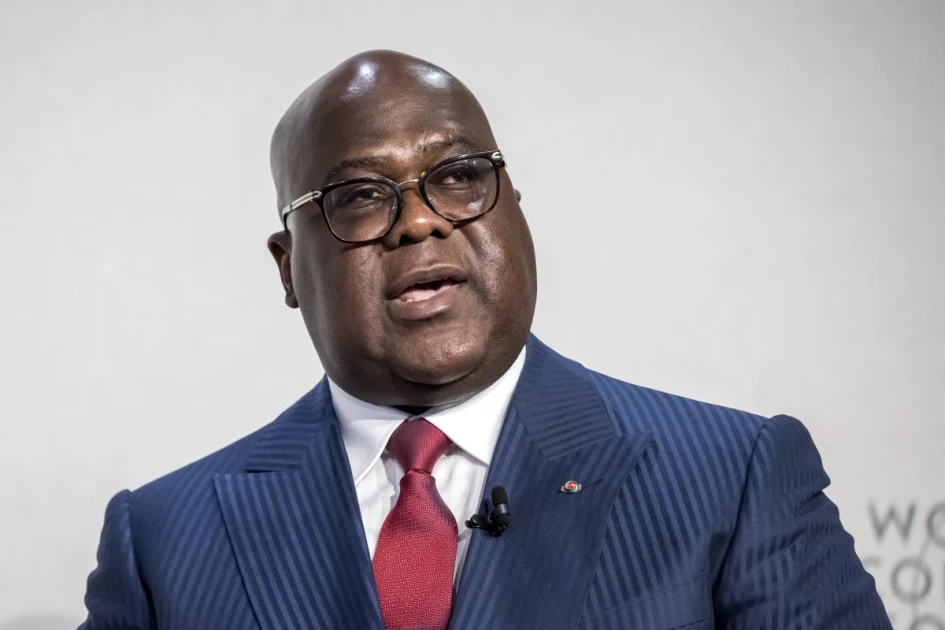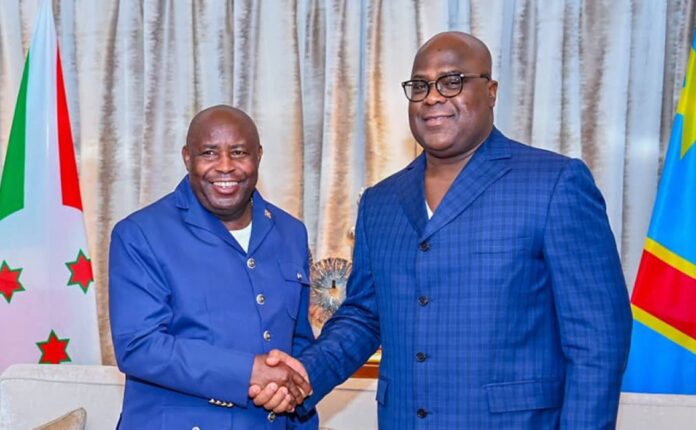Former Prime Minister of the Democratic Republic of Congo, Augustin Matata Ponyo—once a key figure in Joseph Kabila’s administration—has been struck by the full force of a justice system that many now suspect is increasingly subservient to the executive branch.
The Constitutional Court, acting as both the court of first and last resort, handed down a ten-year criminal prison sentence against him. The judgment also includes the suspension of his civil rights for five years following the completion of his sentence, along with the confiscation of his personal assets in proportion to the alleged financial damages.
This ruling, unprecedented in its severity against a political figure of such stature, raises serious questions about both the legitimacy of the charges and the political motivations behind the timing of the verdict, in a climate where the justice system appears less driven by impartial principles than by a broader strategy to disqualify dissenting voices.
Matata Ponyo’s conviction, for the alleged embezzlement of public funds related to the agro-industrial Bukanga-Lonzo project, resonates less as an act of sovereign justice and more as the final act in a well-orchestrated judicial performance. Framed and amplified by pro-government media outlets, the sentence seems to serve as a spectacle of strength, meant to leave an impression, while ultimately undermining the credibility of the judicial process.
The Constitutional Court’s decision to assert itself as the competent tribunal, bypassing Matata Ponyo’s parliamentary immunity because the offenses allegedly occurred before his current mandate, raises concerns. The haste with which the court moved forward, along with its selective use of legal precedents (some drawn from the defense’s arguments), calls into question the judiciary’s independence in the DRC. While the court did cite previous authorization for prosecution, the procedural shortcuts suggest a clear intent to fast-track a conviction by sidestepping legal safeguards.
Even more troubling is the deafening silence surrounding members of the current regime, many of whom are widely suspected of similar or even more serious abuses but continue to enjoy absolute impunity, protected by their proximity to the presidential inner circle. The contrast is stark: opponents are met with relentless judicial rigor, while loyalists benefit from the system’s leniency.
This reveals a justice system of shifting standards, where virtue becomes a convenient tool for political exclusion especially on the eve of key elections or during times of power reconfiguration. In such a shadow play, the Republic gains nothing; instead, it is weakened. For when justice is no longer a shield against arbitrariness but rather an instrument of political domination, the republican pact itself is broken.
What is presented as a fight against corruption is, in reality, a weaponized form of legal retaliation, stripped of ethical legitimacy. In claiming to purge the state of its corrupt elements, the very foundations of the state are being corroded.
Matata Ponyo’s conviction cannot credibly be seen as a triumph of justice over impunity so long as members of the current regime, responsible for equally egregious acts of plunder, remain untouched under the cloak of presidential protection.
History will judge not only the truth behind the allegations but also how a court, supposedly neutral, transformed itself into an accessory of executive power. In a nation where political balance remains fragile, such a deviation from constitutional justice can only fuel civic mistrust and reinforce the perception that beneath the façade of law lies a politically motivated vendetta masquerading as republican justice.



